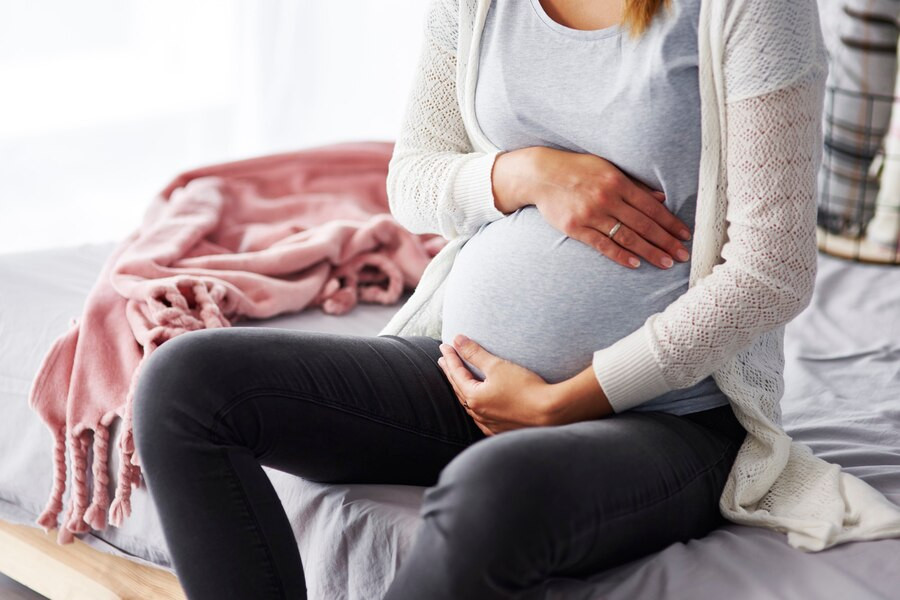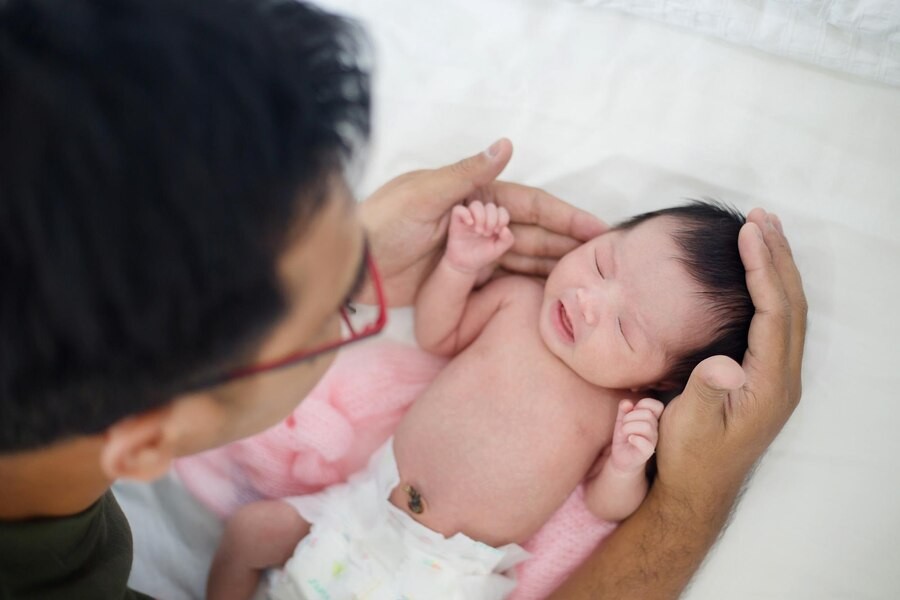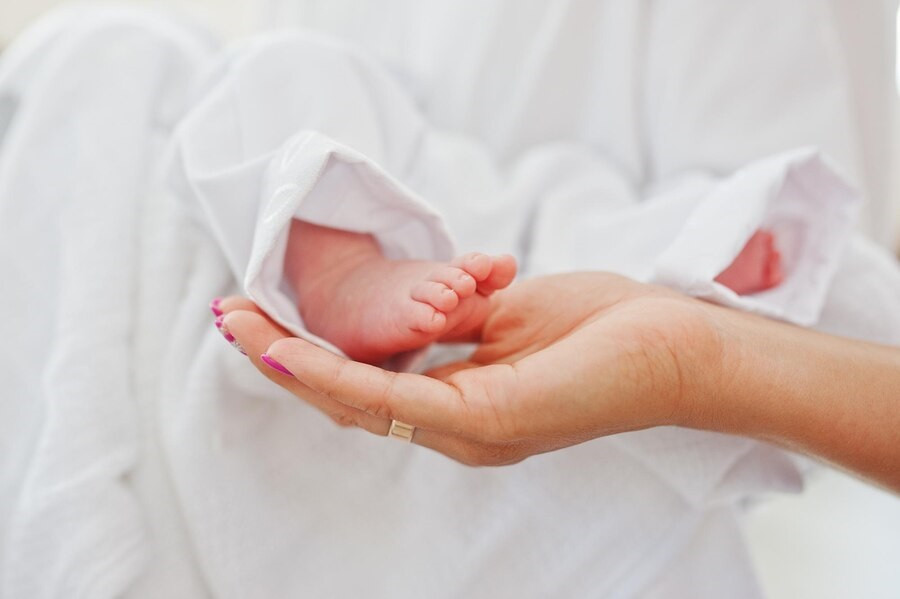Water birth is a birthing method that aims to provide a more natural and comfortable delivery experience. This approach is often preferred for its ability to reduce pain during labor, create a sense of relaxation, and foster a peaceful environment for both the mother and baby.
However, not all pregnant women are suitable candidates for water birth. To ensure safety for both the mother and the baby, certain criteria must be met before opting for this birthing method.
Who Can Undergo Water Birth?
Water birth is recommended for women who have healthy pregnancies, with no complications, and are at full term. Typically, this method is considered safe for pregnancies between 37 and 42 weeks. If the pregnancy is preterm (before 37 weeks) or overdue (after 42 weeks), doctors generally advise against water birth due to the higher associated risks.
In addition to being full term, the following conditions must also be met for a woman to safely undergo a water birth:
- No history of hypertension or preeclampsia
- No complications like uncontrolled gestational diabetes
- The baby’s position is optimal for delivery
- No history of preterm labor or placental issues
For women who are healthy and have no complications during pregnancy, water birth can be an ideal choice. This method typically involves minimal medical intervention and does not require the use of anesthetics or pain-relieving medications.
Additionally, mothers choosing water birth should be mentally prepared and able to manage pain naturally. Proper education and understanding of the water birth process can help women feel more relaxed and ready for labor. Therefore, it's important to take prenatal classes and gather as much information as possible in the weeks leading up to the delivery.
Who is Not Recommended to Undergo Water Birth?
While water birth is safe for many women, certain factors can make it unsuitable for others. Here are some situations in which water birth is not recommended:
Age under 17 or over 35 years
Pregnancy in women under the age of 17 or over 35 is considered higher risk. For these women, water birth is not advised, as their pregnancies may require additional medical supervision and intervention. Doctors will typically suggest other delivery methods based on the specific needs of both the mother and the baby.
Pregnancy Complications
Women who have pregnancy complications like preeclampsia or gestational diabetes should avoid water birth. These conditions can pose significant risks to both the mother and the baby. In such cases, a more closely monitored delivery method is typically recommended.
Twin Pregnancies
While the babies may be healthy, carrying twins is classified as a high-risk pregnancy. Twin pregnancies often require special monitoring during delivery, and water birth is not generally recommended for these cases due to the potential for complications.
Large Babies
If the baby is very large, it can increase the risk of complications during labor, such as shoulder dystocia, where the baby’s shoulder becomes stuck during delivery. For such situations, doctors may advise against water birth, as it could pose a safety risk to both the mother and the baby.
Infections
Women who have a history of infections or current infections should avoid water birth. Laboring in water can increase the risk of spreading infections, especially to the baby, who may be more vulnerable during delivery.
Premature Births
Labor that occurs before 37 weeks of pregnancy is classified as premature, and in these cases, water birth is not recommended. Premature babies often require intensive care after birth and may experience additional complications, such as respiratory issues, trouble regulating body temperature, and even seizures. In these instances, water birth is not advisable.
While water birth offers a soothing, natural alternative to traditional birthing methods, it is essential to have a thorough consultation with a healthcare provider beforehand to assess whether it is a safe option for you. If you are considering a water birth or have concerns about the method, you can use the health consultation service on the Ai Care app, available for download on the App Store or Play Store.
Looking for more information about pregnancy, breastfeeding, women's and children's health? Click here!
- dr Nadia Opmalina
Shahreen Abedin (2024). The Basics of Water Birth. Available from: https://www.webmd.com/baby/water-birth
Bekka Besich (2023). What You Need to Know About Water Births. Available from: https://www.parents.com/pregnancy/giving-birth/vaginal/what-is-water-birth/
Pregnancy Birth & Baby (2024). Water birth. Available from: https://www.pregnancybirthbaby.org.au/water-birth
Dr. Liji Thomas, MD (2022). Water Birth Safety. Available from: https://www.news-medical.net/health/Water-Birth-Safety.aspx












